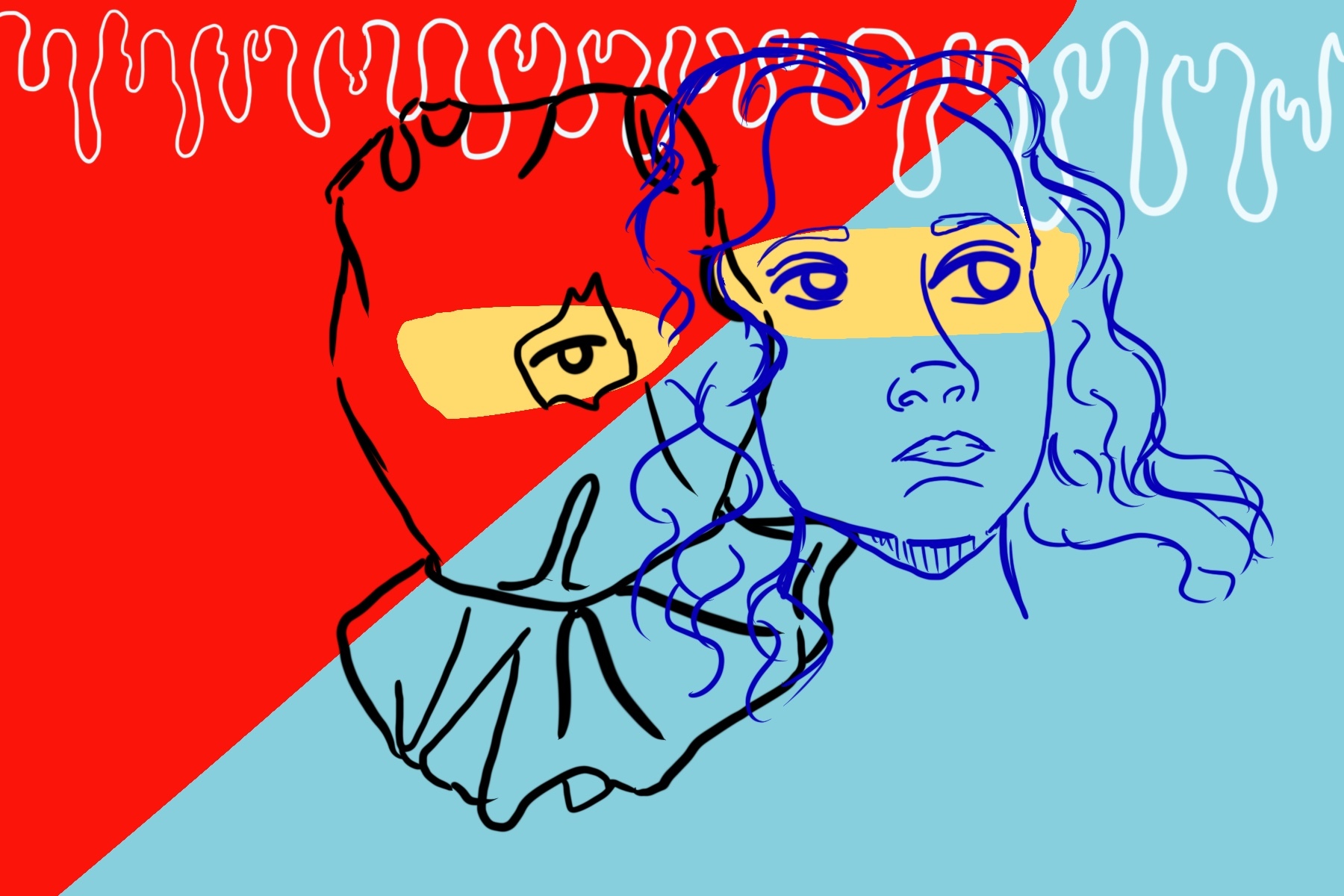All superstitions come from somewhere, and unfortunately, they often stem from a place of oppression. The superstition of Friday the 13th refers to the idea that when the 13th falls on a Friday, the day will be unlucky. The unlucky association of the number 13 has a history rooted in folklore and Nordic mythology, as well as Christianity. Judas’ role as the 13th to sit at the Last Supper combined with the fear of Friday, known as the alleged day that Eve offered the apple to Adam.
It is often commonly known as the day that Adam was kicked out of paradise and the day Jesus was killed — two fears combined into one to create the superstition of Friday the 13th. This combination can be seen linguistically, as well. The word for the fear of the number 13 is triskaidekaphobia. The names for fear of Friday the 13th specifically are paraskevidekatriaphobia (drawing on the Greek word Paraskevi for ‘Friday’) or friggatriskaidekaphobia (originating from Old Norse).
In the Gregorian calendar, there is a slightly larger chance that the 13th of the month will fall on a Friday than any other weekday. However, this superstition varies between countries but gained much traction in American pop culture. In 1907, the novel “Friday, the Thirteenth” by Thomas William Lawson came out, which popularized the superstition. The book’s plot takes place in New York City and follows a stockbroker who uses the superstition of Friday the 13th to his advantage and garners significant success.
In 1980, another notable contribution to the popularization of the Friday the 13th superstition debuted. The horror movie “Friday the 13th” gained immense fame and inspired many sequels, comic books, merchandise and costumes, in addition to highlighting the superstition on a worldwide scale. The films garnered a large fan base that spurred on the superstition substantially. Friday the 13th became known as a day to fear across the United States and various countries.
Today, many people remain fearful of the phenomenon, yet very few know the whole story. In addition to its religious, mythological and folklore-based origins, the superstition of Friday the 13th can be linked to the pervasive trend of men dismantling all forms of female power throughout history.
Before Friday the 13th became a widely acknowledged omen of doom and a popular horror movie franchise, it served as a celebrated day of feminine energy and power. The number 13 and the day of the week Friday have religious connotations and possess many cultural and spiritual connections to women and femininity.
As LA-based intuitive Tanaaz Chubb writes in an article on her website, Forever Conscious, “Before patriarchal times, Friday the 13th was considered the day of the Goddess. It was considered a day to worship the Divine Feminine that lives in us all and to honor the cycles of creation and death and rebirth.” She continues to discuss how Friday the 13th was known as a powerful and significant day to create, celebrate and nourish the feminine soul and power. She also writes that Friday is known as Venus Day, and Venus is known as the planet of feminine energy.
Another intuitive named Gina Spriggs told Vice magazine that patriarchal religions were to blame for the superstition of Friday the 13th, referencing Christianity and the previously mentioned Last Supper and Adam and Eve stories that combined to create the stigma. She says, “Thirteen is a female number, represent[ing] the average number of a woman’s cycle in a year. It is also the number, too, of annual cycles of the moon—viewed by earth-based religions as ‘female.'” The connection of feminine symbols and processes to 13 highlights how the fear of Friday the 13th historically can be interpreted as a reproach of female power.
More evidence is seen in the stigma surrounding women’s periods. Chubb says a woman was “considered to embody divine and magical powers” when she got her period. Intuition and psychic messages were often linked to menstrual cycles in other religions and spiritual practices. Yet when patriarchal religions became more widespread, women began to be shamed for their periods and encouraged to hide them instead of celebrating them.
Chubb reiterates, “This attitude has helped to contribute to the idea that Friday the 13th is an unlucky day.” The intuitive suggests that wearing pink, working with rose quartz and channeling Venus are constructive ways for women to celebrate Friday the 13th and reclaim it in the faith of femininity.
Worldwide superstar Taylor Swift has long been known for her affinity for the number 13. She told MTV in 2009, “I was born on the 13th. I turned 13 on Friday the 13th. My first album went gold in 13 weeks. My first No. 1 song had a 13-second intro. Every time I’ve won an award, I’ve been seated in either the 13th seat, the 13th row, the 13th section or row M, which is the 13th letter. Basically, whenever a 13 comes up in my life, it’s a good thing.” As a blossoming young performer, Swift would often write the number 13 on her hand in marker, which many fans would replicate. Many still associate the number 13 with Swift to this day, and she has helped foster a positive association with the number for her young fans.
While Friday the 13th has an eerie and unlucky connotation in some parts of contemporary society, it is important to remember its positive, divine feminine roots. Understanding the religious fears and patriarchal, anti-female narrative attached to Friday the 13th remains integral to discussing the history of this superstition.

















